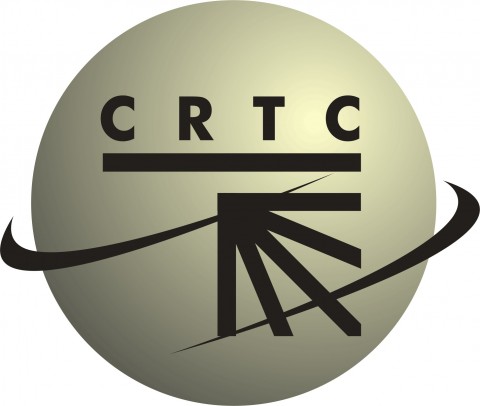
OTTAWA-GATINEAU – The CRTC will stage a four day public hearing beginning Tuesday to review the structure and mandate of the Commissioner for Complaints for Telecommunications Services (CCTS).
Established in 2007, the CCTS is Canada’s telecommunications ombudsman, helping consumers with complaints about their phone, wireless, and Internet services. The independent organization handles over 10,000 complaints each year and can require telecommunications service providers to provide up to $5,000 in compensation per customer in addition to any amount to be refunded in correction of a billing error.
Last June, the CRTC called for input on whether the CCTS should expand its role to add the duties of television service ombudsman, and whether television service providers should be required to participate in the CCTS given that many Canadians obtain their telecommunications and broadcasting services from the same company. This stemmed from the Let’s Talk TV decision in March where the Commission unveiled a draft of a television service provider code of conduct, and determined the CCTS would be the appropriate administrator of the code.
Cartt.ca will be there with regular reports on the proceeding and its 16 scheduled interventions. A live audio feed of the hearing will be available on the CRTC website and the Commission has also opened an online discussion forum now through November 9 for Canadians to follow the hearing and share their opinions and views. Comments shared within the forum will become part of the information taken into account during the decision process, says the CRTC.
"While our public hearing is being held in the National Capital Region, the room itself stretches from coast to coast to coast to include all Canadians”, said CRTC chair Jean-Pierre Blais, in a statement. “The Commissioner for Complaints for Telecommunications Services plays an important role in a competitive marketplace, and is a resource for those who have experienced problems with their service providers. We invite Canadians to share their views throughout the public hearing to help us make decisions that are in the public interest."



